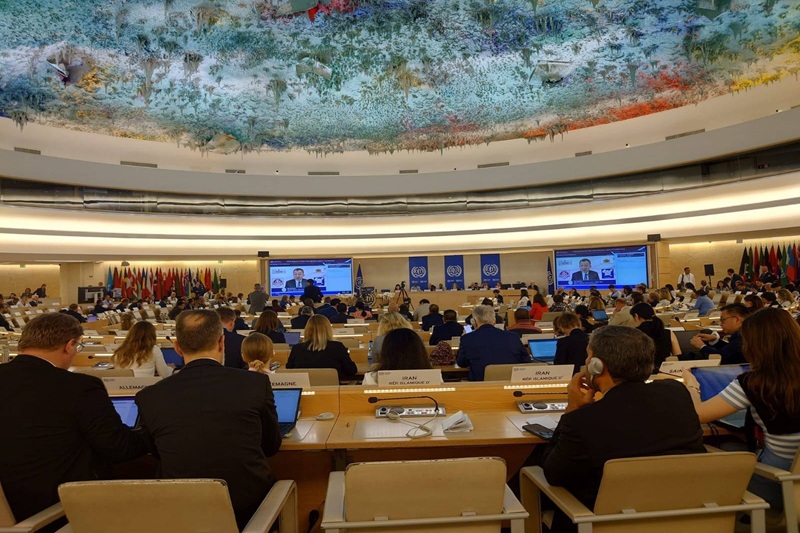
(C): Twitter
As the 113th session of the International Labour Conference (ILC) in Geneva 2025 gets underway, the voices of workers are front and centre. Hedia Arfaoui of Tunisia’s UGTT and recently elected Worker Vice-President embodied the moment, speaking to the need for “concrete commitments and historic decisions”.
Why is social dialogue more critical than ever?
Arfaoui suggests that social dialogue is vital not only as an instrumental tool but also as a principle of democracy and social cohesion. In many areas, democratic decay and exploitation of trade union liberties have driven workers away from decision-making. She emphasises that dialogue should be institutionalised, respected and recognised as a source of stability and equity.
What are the expectations for platform workers in the digital economy?
One of the most anticipated conversations involves decent work in the platform economy. Millions of gig workers endure insecure and unregulated employment conditions. Arfaoui argues for the adoption of new international standards to ensure gig workers enjoy equal rights like social protection, health and safety protections and equal collective bargaining rights whether they work in a platform-based employment situation or not.
Why is formalising the informal economy a global priority?
With more than 60% of global workers still in informal employment, especially women who work in care and domestic work, workers can continue to lack legal protection and recognition. As it passes the 10-year anniversary of Recommendation 204, this conference is a pivotal moment to build pressure on governments to act.
What larger message does the ILC 2025 send?
However, beyond policy, Arfaoui’s message is one of urgency and accountability. She urges participants to raise the voices of the vulnerable to reaffirm the founding values of the ILO and to make this gathering an important step for justice, inclusion and dignity in the future of work.







